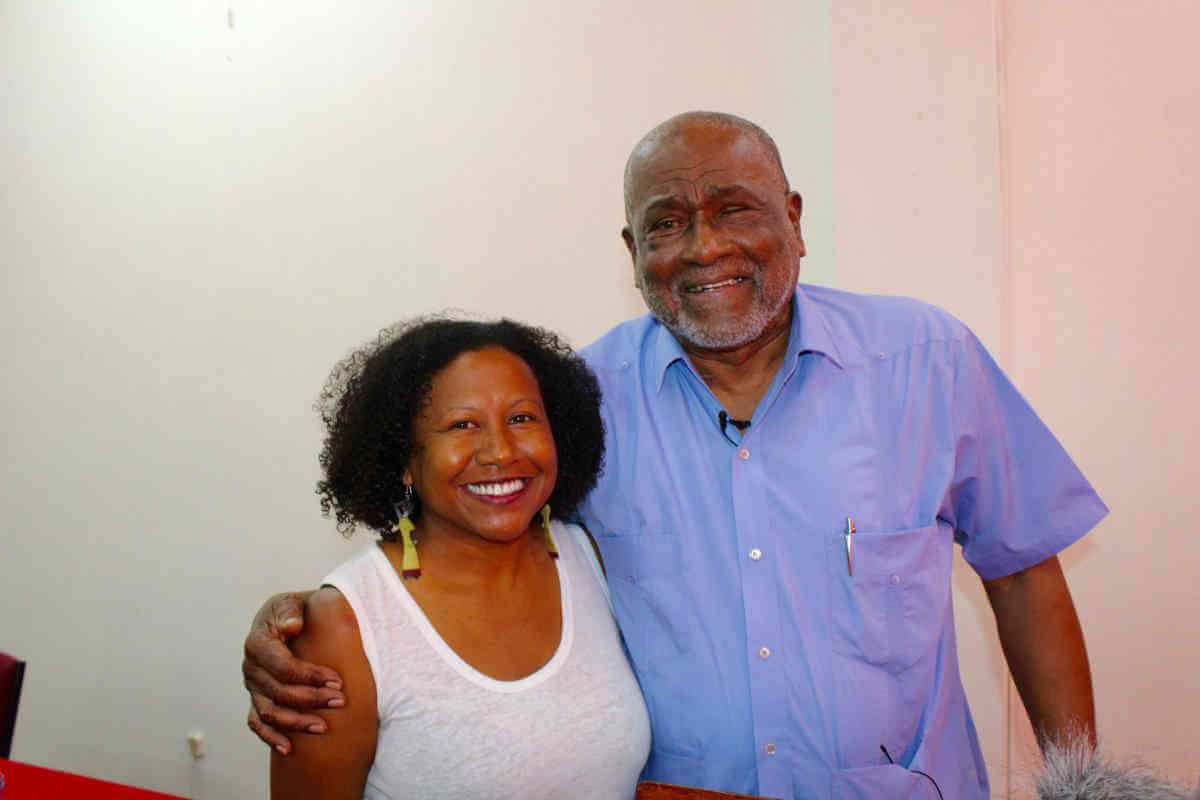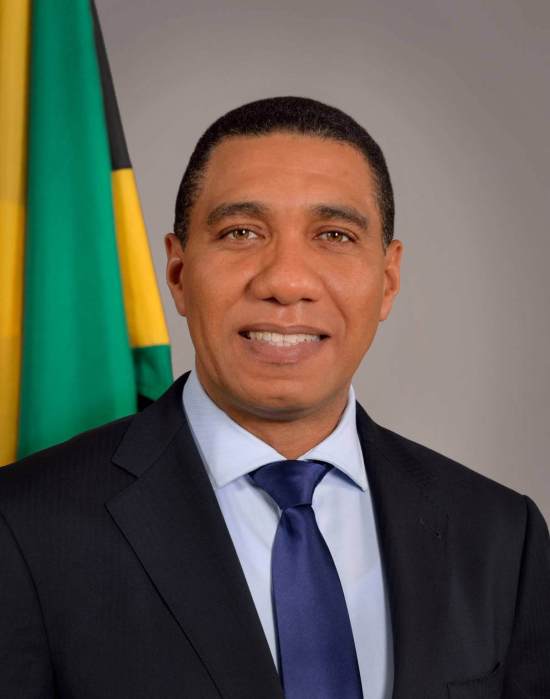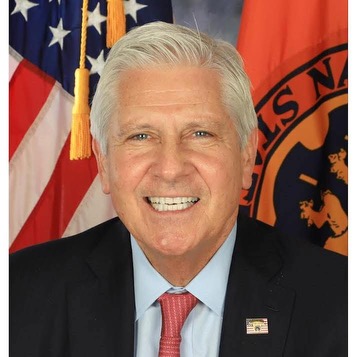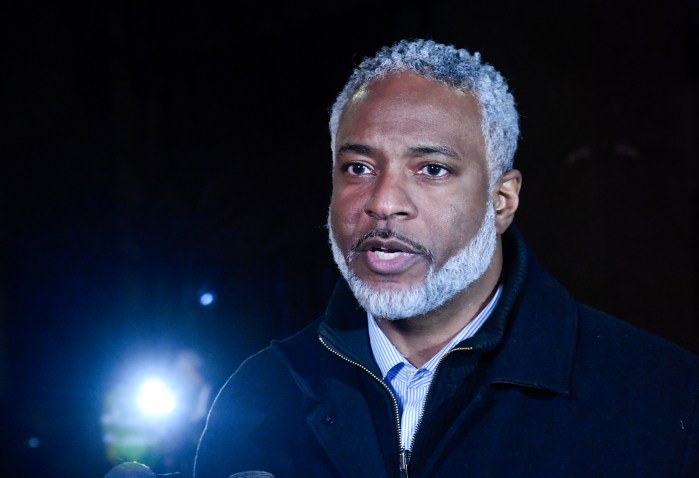Deputy Director and Science Advisor, Caribbean Community Climate Change Centre, Dr. Ulric Trotz, has called for urgent action across the Caribbean region, and globally, to combat climate change, stating that activities have shown climate change is one of the biggest threats to human existence and development.
A Guyana-born, resident of Belize, Dr. Trotz raised an alarm during a talk at the National Public Library in Georgetown, recently, noting his first address on the topic, was to the Caribbean Tourism Organization (CTO), and since then, the Caribbean Community Climate Change Centre, has been working with governments to address the pervasive occurrence.
“Urgent action is also being taken to engage regional parliaments, because he said, on both sides of the divide, “we need to understand, this is something that would affect us all. We need national consensus and action to start addressing these issues.”
“Daily lives, agriculture, water, waste, health systems, and coastal areas, would be affect, so understanding climate change, and crafting action plans to build resilience are key to survival.”
As such, private sector investment in resources is encouraged, to protect mangroves, and build sea defense, said the scientist.
“The healthier our mangroves, the better the protection,” noted Dr. Trotz, adding that the highest warm water levels were recorded over the last four years.
“Our sea level is rising, and temperatures are getting warming,” noted the scientist.
“Guyana’s oil economy is imminent, and yes we would prefer a world where we wouldn’t have to use fossil fuels, but that is not realistic. We will phase out some uses of fossils, and hopefully, one of our aspirations, is by 2050, we will have a NetZero situation, whereby, all the emissions we generate, would be absorbed by our forest, so there is a balance, and no addition to our greenhouse budget.”
He raised concern for Guyana’s rich Rupununi region, a unique eco-system, the second most bio-diverse region in the world, after the Galapagos Islands, stressing the importance of preservation.
“Supporting that bio-diversity is the hydrological regime, and we need to be very careful how we intervene in the Rupununi with mega-farms or any other activity,” said the former director, Science & Technology Division, Commonwealth Secretariat, and former secretary, Commonwealth Science Council and science adviser to the Commonwealth secretary general.
“The hydrological regime is a treasure, I am not saying it must be maintained in its pristine purity, but development must take place in such a way, that it’s allowed to perform its natural functions,” said Dr. Trotz, who served as a member of the group of scientists awarded the Nobel Prize in 2008 in the capacity of a Review Editor for Chapter 16 on Small Island Developing States in the Fourth Assessment Report of the Intergovernmental Panel of Climate Change (IPCC).
Dr. Trotz, winner of Guyana’s Golden Arrow of Achievement (AA), the country’s highest national honor for long and distinguished service in science and research, and recently in Barbados, where he was inducted as an Honorary Distinguished Fellow of the University of the West Indies, delivered an in-depth presentation on the topic of Climate Change.
Dr. Maya Trotz, environmentalist, professor, University of South Florida, and daughter of Dr. Ulric Trotz, who was the moderator, noted the importance of reducing carbon emissions in Guyana, a country on the cusp of oil wealth, but most vulnerable when it comes to climate change.



























